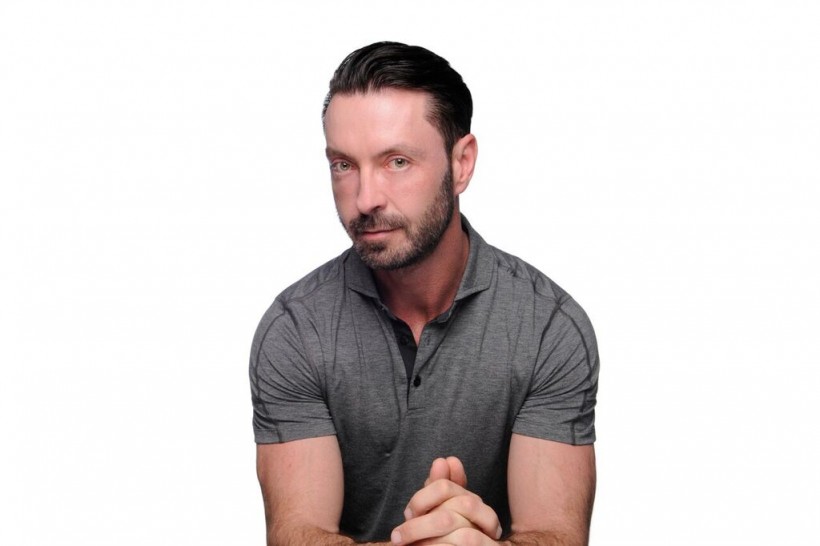Atlantic Canadian startups are on track to raise more than $800 million in equity capital this year, buoyed by eight- and nine-figure deals from a new breed of super-elite companies.
When Dartmouth-based advanced-materials-maker Metamaterial started trading on the Nasdaq Monday thanks to a reverse acquisition, it raised $198.1 million and became Atlantic Canada’s first publicly traded unicorn.
The deal highlighted the increasing scale of Atlantic funding deals and pushed equity funding for the first half over the $400 million mark. More specifically, Entrevestor calculated the region’s innovators raised $441.1 million in the first half, and in most years we’ve observed more funding in the second half of the year than the first.
What’s driving the wave of capital washing up on our shores is mature companies reporting fundraising exercises that brought in tens or hundreds of millions of dollars.
“(Metamaterial) isn't the first unicorn, but it's another unicorn,” said Innovacorp Vice-President of Investment Andrew Ray in an interview. “In the past, we wondered, ‘Should these unicorns be treated differently, as an exception, or should they be lumped together as reflective of the whole ecosystem?’
“But this is the business of exception. One unicorn is an outlier... but the fact that we are now seeing more of these large rounds shows that, not only is that outlier interesting, but this is becoming more common.”
Click Here To Download the 2020 Atlantic Canadian Startup Data Report.
The strongest funding year on record for Atlantic Canadian startups was 2019, when they raised $680.8 million (including capital raised by publicly listed companies), and this year looks set to top that. The 2019 tally was dominated by St. John’s-based Verafin raising $515 million in “growth capital”, equity and debt, but already this year we’ve reached almost $450 million strictly in equity funding.
A week ago, Fredericton-based Introhive booked the largest funding raise ever in New Brunswick, a mammoth US$100 million (C$122 million) Series C round. In February, New Brunswick frozen foods giant McCain invested $30 million in vertical farm operator GoodLeaf, marking one of the largest strategic funding deals ever in Atlantic Canada. And in April, encryption startup Cape Privacy raised US$20 million in an investment round led by a venture capital firm based in New York and Palo Alto.
Fredericton’s Smart Skin Technologies, which helps bottle manufacturers improve the efficiency of their production lines, closed a $10.7 million round of funding led by BDC Capital. Dartmouth-based Outcast Foods, which makes nutritional powders from unwanted produce, raised $10 million in a round led by Arlene Dickinson’s District Ventures Capital.
When we add in a range of deals in the millions of dollars, we see that this year has produced the most fertile funding environment Atlantic Canada has ever seen. This level of funding would have been nearly unthinkable as recently as 2018, and it’s the result of the growing maturity of innovation-driven companies in the region.
In our Atlantic Canadian Startup Data reports, we’ve classified a number of companies each year as “elite” based on such factors as their funding, staffing and revenues. In the latest report, we had to double the thresholds for these metrics to ensure we didn’t have too many elite companies.
In 2019, we said elite companies were those with revenue of more than $1 million, staff of more than 10 or total equity funding of more than $2 million. In 2020, we doubled those figures, and found that 40 companies still qualified.
In an interview after the Introhive announcement, New Brunswick Innovation Foundation Director of Investment Raymond Fitzpatrick said the growing roster of major players is the result of a network of incubators, accelerators and funding organizations that has been growing steadily for about a decade.
“For the last seven years, the amount of money going into companies has been going up and up and up,” said Fitzpatrick. “The idea of an overnight success, you know, for a company that goes out and raises $100 million, it doesn't really work that way. A lot of effort needs to go into it.”










